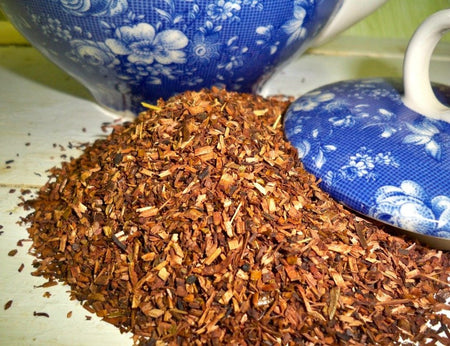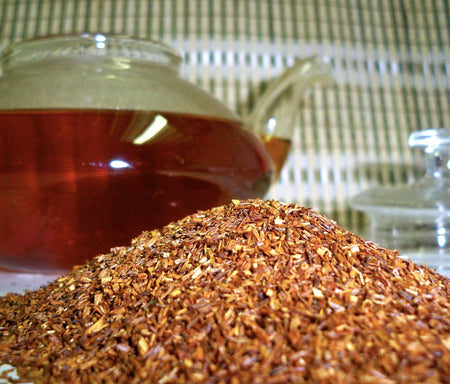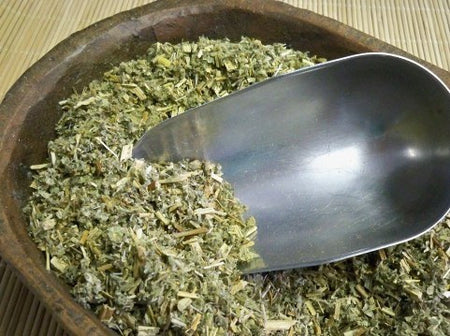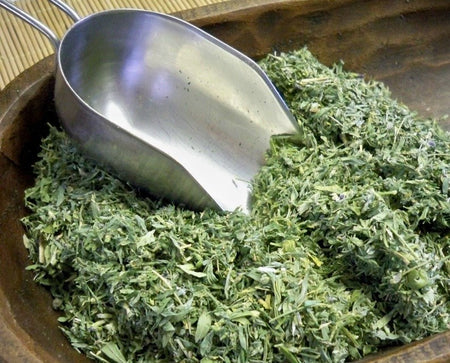Description
Juniper Berry assists urine flow and helps to clean the kidneys,bladder and prostate of toxic waste. It also supports the urinary tract system in fighting off infections. Juniper Berries are famous as flavoring for gin, but Juniper also aids digestion and also helps to relieve gout, arthritis and painful joints.
All about Juniper Berries Botanical: Juniperus communis
Family: Cupressaceae (cypress) - Coniferae (conifer)
Other common names: Common Juniper, Ground Juniper, Juniper Berries, Gin Berries
Juniper Berries (Juniperus Communis) are the ripe, dried cones from the Juniper Evergreen shrub. These small bluish purple berries are about 1/4 wide with an intense spicy flavor with a slight overtone of pine.
Juniper Berry assists urine flow and helps to clean the kidneys, bladder and prostate of toxic wastes, while at the same time helping to fight off urinary infections . Juniper Berries are famous as flavoring for gin, but Juniper also aids digestion and also helps to relieve gout, arthritis and painful joints.
History:. The use of Juniper goes way back in history. In the Middle Ages, the scent of Juniper was believed to ward off plague, witches, evil spirits, curses and contagious diseases For hundreds of years, Juniper Berry has been an herbal remedy for urinary tract problems, including urine retention and gallstones and is an old folk remedy for gout. In the 1500s, a Dutch pharmacist used Juniper Berries to create a new, diuretic drink that he called gin, which was not only used for medicinal purposes, but its delightful juniper-flavor which became a very popular drink
It is believed that the holy family was sheltered by the branches of a Juniper Tree when fleeing from King Herod.
. In North America, the Native Americans believed that Juniper would cleanse and heal the body and keep away infection, and different tribes used brewed tonics of juniper berries to treat a everything from colds to arthritis stomachaches and syphilis. The Natives also used it as a survival food
Juniper berries are used in northern European and particularly Scandinavian cuisine to "impart a sharp, clear flavor to meat dishes, especially wild game like boar and venison They are also used in sauerkraut dishes .
Some of the constituents in Juniper include the volatile oils, camphene, cineole, myrcene, alpha- and beta-pinene and terpinene (the active ingredients), as well as resin, sugar, gum, lignin, wax, salines, beta-carotene, betulin, borneol, catechin, glycolic acid, limonene, linalool, menthol, rutin, tannins, calcium, chromium, iron (and many other valuable minerals), B-vitamins and vitamin C. Researchers have identified a compound that have antiviral and anticancer potential, deoxypodophyllotoxin. ( NiH)
It is good to take a rest from Juniper and from Gin.
Contraindications:
Pregnant women should not use Juniper Berry, because it stimulates the uterus and may cause abortion. Of course there is always a risk of allergic reaction, like with any other foods. It is not recommended to use with severe kidney disease, just follow your MD plan of treatment.





